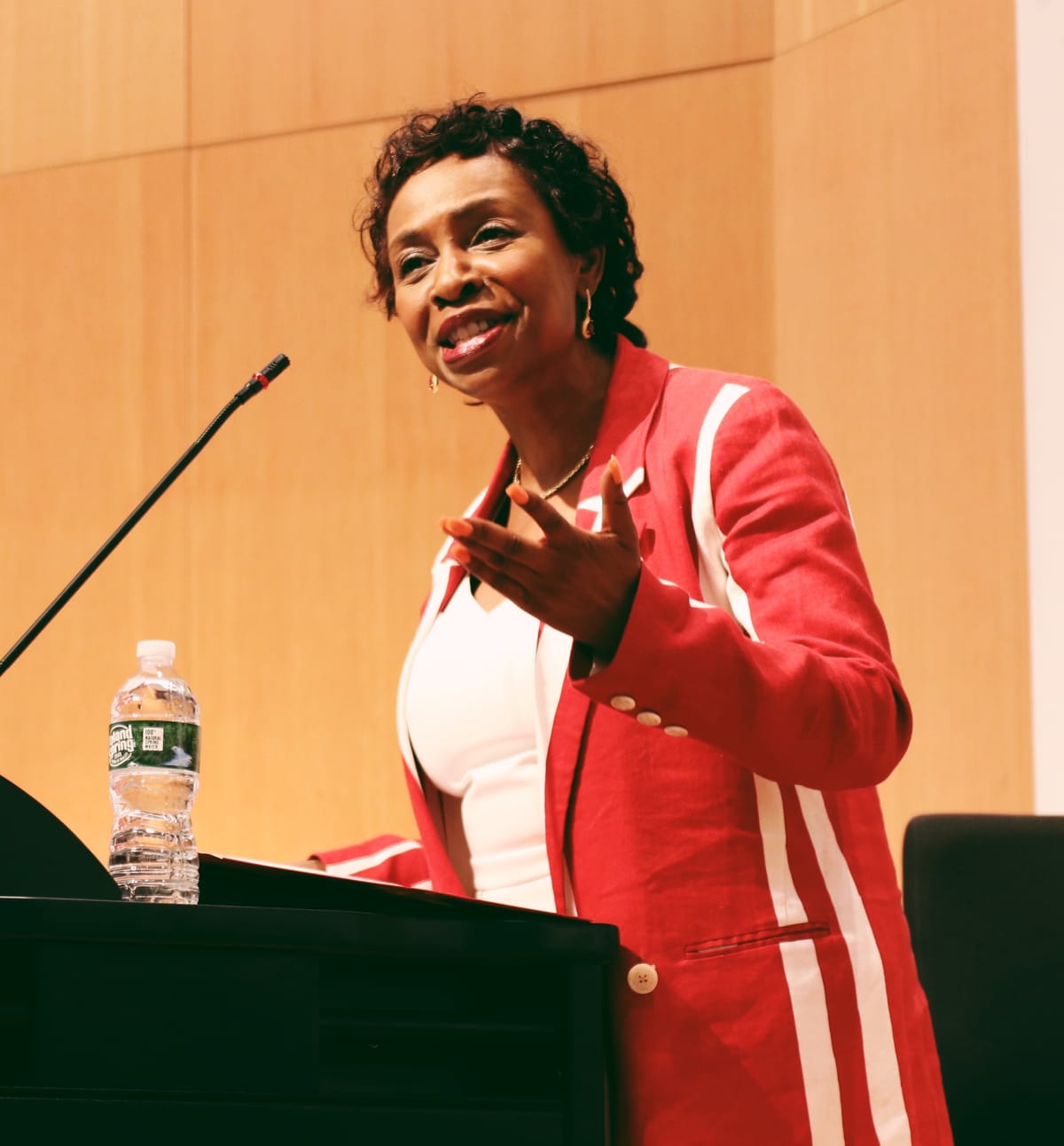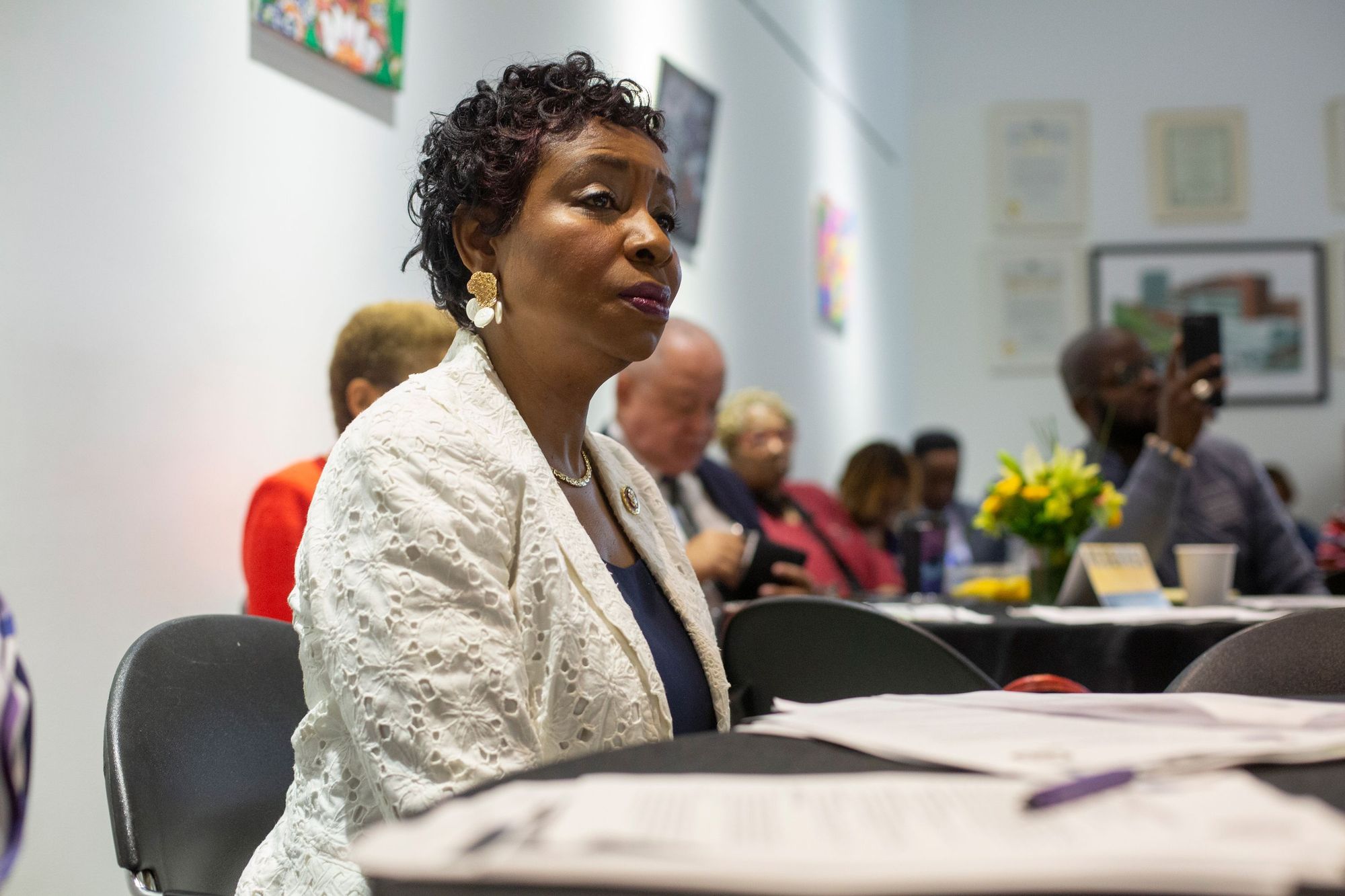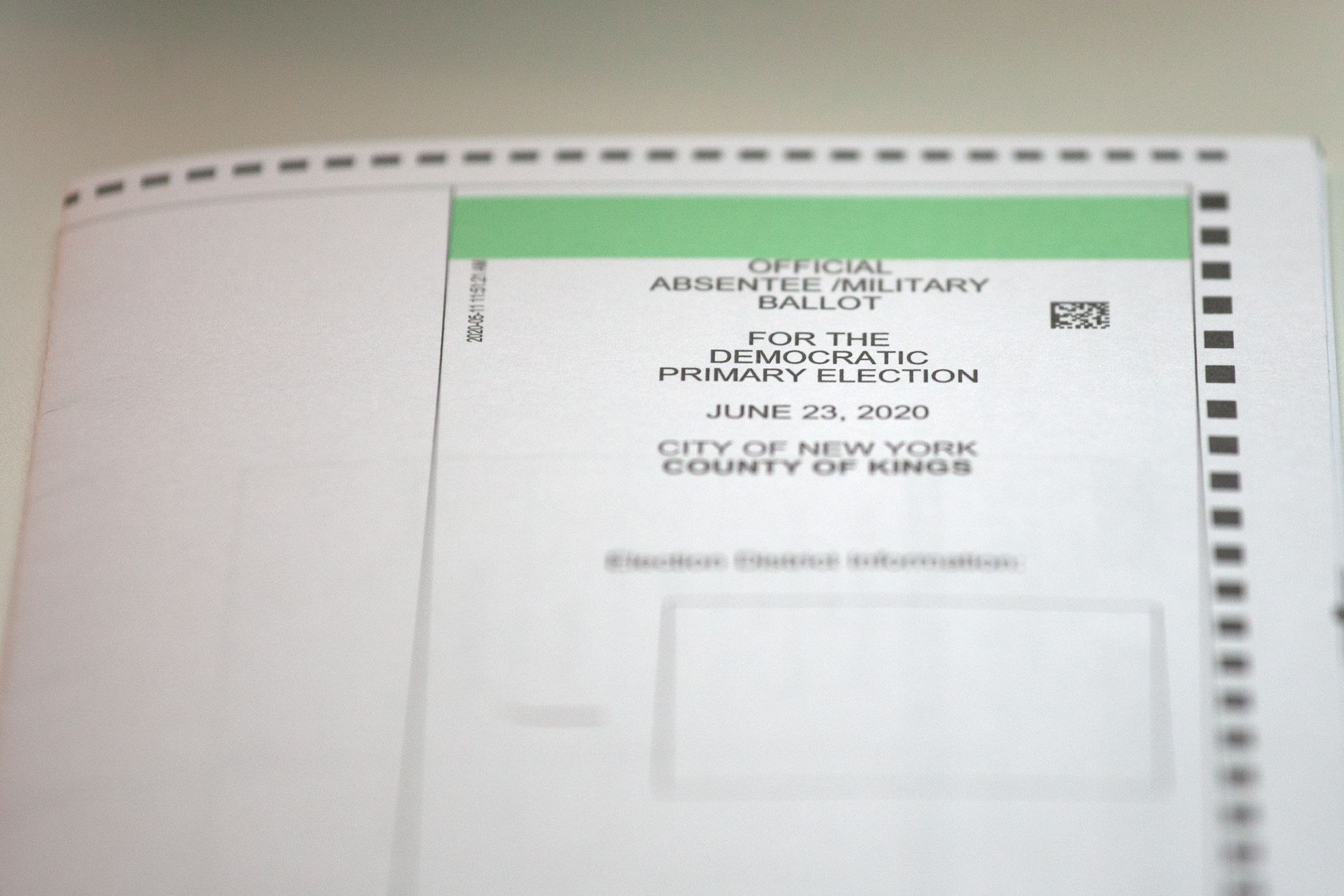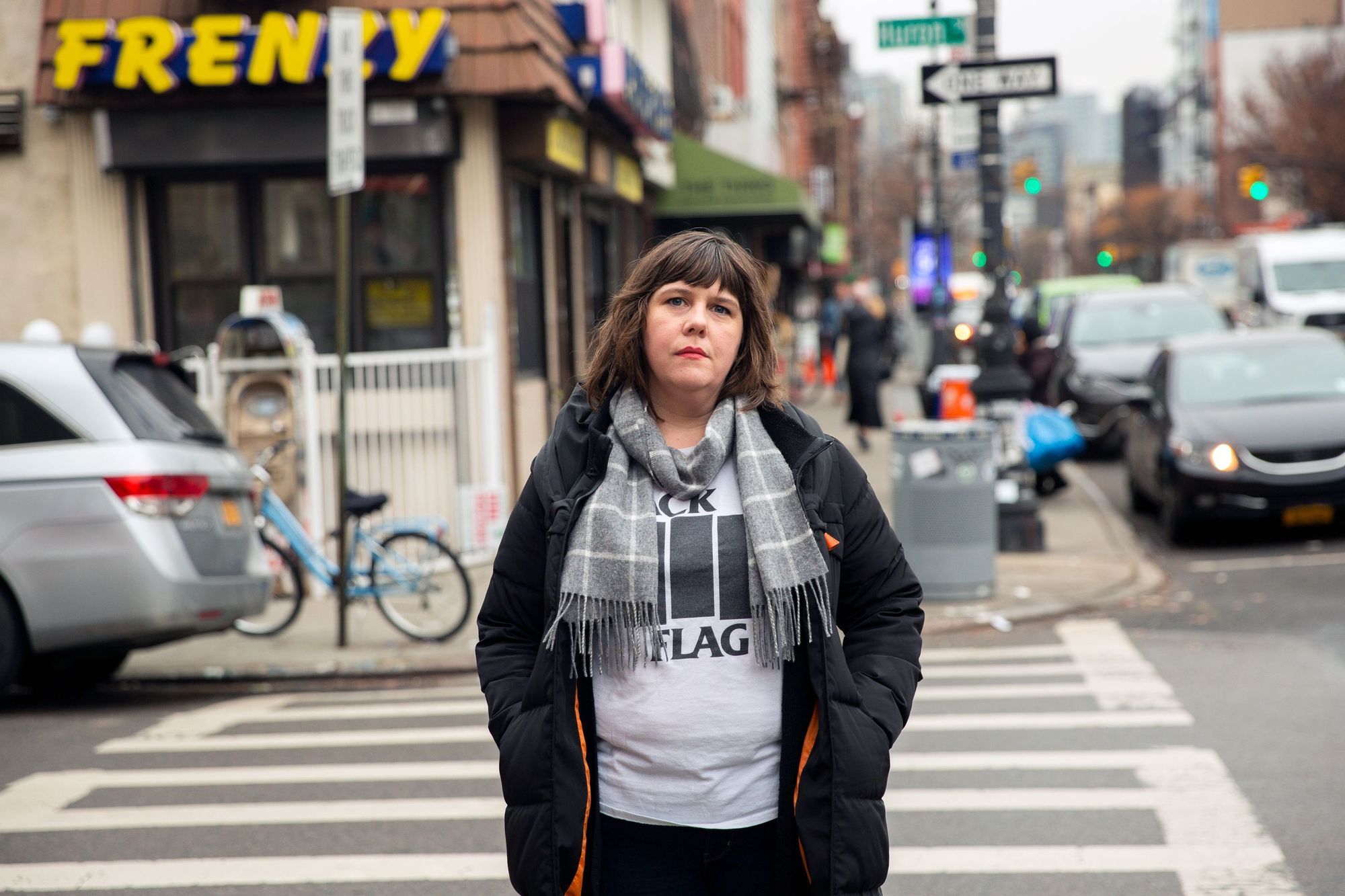Wary Candidates Brace for Brutal Absentee Ballot Challenges in Record-Size Count

By Claudia Irizarry Aponte, originally published in THE CITY

Rep. Yvette Clarke is latest among legions suing to establish the right to challenge opponents’ votes in a pile of 380,000 mailed in citywide amid New York’s first pandemic primary.

Brooklyn Rep. Yvette Clarke declared victory Tuesday over four Democratic opponents vying for her longtime seat in Congress — a day before the city Board of Elections begins to count a record-size pile of absentee ballots bigger than the 37,106 votes she received on election night.
More quietly, the congresswoman on Monday sued her four opponents in Kings County Supreme Court to establish her right to challenge the official ballot count, even as she leads runner-up Adem Bunkedekko by more than 44 percentage points in the June 23 primary.
She is far from the only candidate who has filed a preemptive lawsuit — highlighting just how uncertain the outlook remains as the Board of Elections prepares to tally a record 379,614 absentee ballots in New York City beginning Wednesday. The Staten Island count started on Monday, kicking off the latest act in a primary turned upside down by the coronavirus crisis.
Of those absentee ballots — offered for the first time to any voter in New York with a contested primary in their district — 112,863 of them were mailed in by Brooklyn residents.
Clarke is being represented by state Assemblymember Latrice Walker (D-Brooklyn), who is an attorney but not typically an election lawyer.
“Congresswoman Yvette Clarke’s campaign was led by Black women and she decided that she wanted her legal representation to be a Black woman,” said a spokesperson for Clarke.
State election law gives candidates 10 days after a primary to seek to intervene, a clock that multiple campaigns said ran out last week.
Wait Drags On
During the in-person counts, known as canvassing, all candidates in a given election will have the opportunity to review each absentee ballot alongside their legal representative and a BOE official.
Those who file legal claims such as Clarke’s will be able to challenge individual ballots based on certain criteria — such as whether the ballot was postmarked in time or if the document was not properly signed by the voter.

According to the city Board of Elections website, the absentee ballot counts are staggered by Assembly district, beginning with three each in Staten Island, The Bronx and Queens, and four each in Manhattan and Brooklyn.
The Board of Elections indicated it “will update daily” when the next assembly districts will have their turn.
Candidates in congressional, state senate and special elections will have to wait until all votes in their associated assembly districts are counted before they have a full scope, which could take several days or weeks.
Primary Like No Other
Preemptive suits flooded in after a primary day like no other, where no result would be certain given the sheer volume of absentee ballots requested by voters — more than 700,000.
In Queens, Elizabeth Crowley filed an action late last month against rivals in the special election for Queens Borough President, where Rockaways City Councilmember Donovan Richards is the presumed victor following in-person voting.
Suraj Patel, who’s looking to unseat longtime Rep. Carolyn Maloney in Manhattan and Queens, filed his claim after coming within a few hundred votes of victory on election night.
And longtime U.S. Rep. Eliot Engel (D-Bronx/Westchester) filed suit last week against his challengers in New York’s 16th Congressional District, including in-person voting winner Jamaal Bowman. Bowman, a Bronx school principal, scored an apparent upset, notching 60% of the in-person vote.
Sunset Park Assemblymember Felix Ortiz (D-Brooklyn) sued his three challengers last week. Another candidate, Marcela Mitaynes, has filed as well.
In Brooklyn’s 57th Assembly District, which represents a swath of central Brooklyn from Fort Greene to Crown Heights, incumbent Assemblymember Walter Mosely III and his Democratic Socialists of America-backed challenger Phara Souffrant Forrest sued each other last week. Forrest, a nurse, trails Mosely by just under 600 votes in the in-person ballot.
Longtime Assemblymember Joe Lentol (D-Brooklyn) and his challenger Emily Gallagher also filed lawsuits against each other last week. Lentol, who has represented Williamsburg and Greenpoint in the 50th Assembly District for nearly half a century, leads by about 1,700 votes.

Upstart candidates like Gallagher, who are depending on an absentee ballot upset, are bracing for a battle in the days and weeks ahead. The glacially paced absentee ballot count procedures, she noted, form another roadblock in a primary election that left voters throughout the city frustrated and demoralized.
“The point of voting is not to have a war about whose vote counts and whose doesn’t, the point of voting is that every voice is counted,” Gallagher said on Monday.
“And the fact that we’re gonna have to go spend two to three days in a room or more in an eight-hour long or more kind of person-to-person battle about what ballots get the cut, it’s just so antithetical to what people think will happen when they send in an absentee ballot,” she added.
THE CITY is an independent, nonprofit news outlet dedicated to hard-hitting reporting that serves the people of New York.



